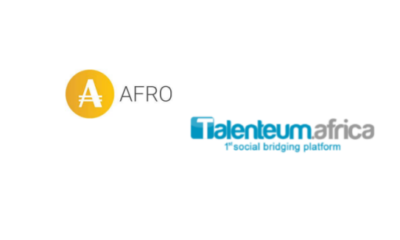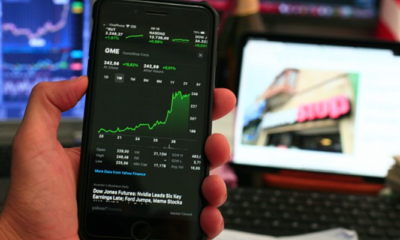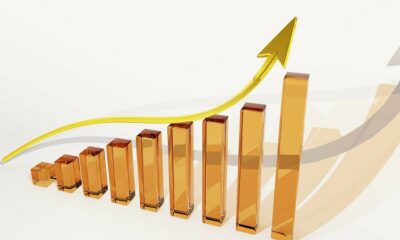Financial Markets
Financial Market – An Overview

A financial market is a marketplace where individuals trade derivatives and financial securities at reduced transaction costs. Some of these securities included bonds and stocks, commodities and precious metals, that are called in the financial markets as assets. These assets are usually traded in the stock exchanges, the futures exchanges and the commodity exchanges. Financial market refers to the various financial instruments like derivatives, forward contracts, swap agreements, swaps, interest rate agreements, credit default swaps, foreign exchange market and so on.
The financial markets have three main types: equity, debt and preferred stock. The equity is used to gain by issuing shares of the firm. If the firm grows, the equity holders can increase their stake. Debt can be secured by various types of assets such as government bonds and corporate bonds. It is mainly traded in the stock markets. The preferred stock is issued by the firms on behalf of its owners.
The major participants of the financial markets are the institutional investors, the government and central banks, and commercial banks. Foreign exchange market has a large number of players. It attracts a large number of investors. Trading of Derivatives Cash Flows Derivative Cash flows consist of buying or selling of derivative instruments such as forward contracts, option, currencies, futures, swaps, stocks etc. Based on the terms of these derivative instruments, the price of the security or asset is determined.
The major type of derivatives is a forward contract, which gives rise to ‘financial market’ if the value of future cash flow is predicted according to current money supply and consumption. In this kind of derivatives, the actual money income or expense is anticipated using the prices and time period of production. Possible buyers of the derivative instruments are those who hold them; i.e. the actual users of productive capacity whose value will rise when the value of money or currency rises. This class of buyers is called the potential buyers of the derivative instrument.
Other than this there are two other types of financial markets: interest rate swap and credit default swap. In the interest rate swap, a borrower sells a certain amount of his savings account in return of a certain amount of cash in savings account. Similarly in the credit default swap the lender sells part or whole of his outstanding loan to the borrower in exchange of certain percentage points of savings account. The role of banks is not limited in this regard. They can also be potential buyers of securities exchange products.
The role of banks is not limited in this regard. They can also be potential buyers of securities traded on the exchange. The role of potential buyers is same as that of potential sellers in the case of interest rate swap and credit default swap. The role of potential sellers is same as that of potential buyers in case of securities exchanged on the stock market. The main difference is that in case of foreign securities, the main players are US banks and Japanese banks while in case of stock exchange trading of the main players are institutional traders.

























